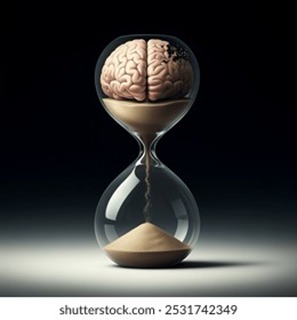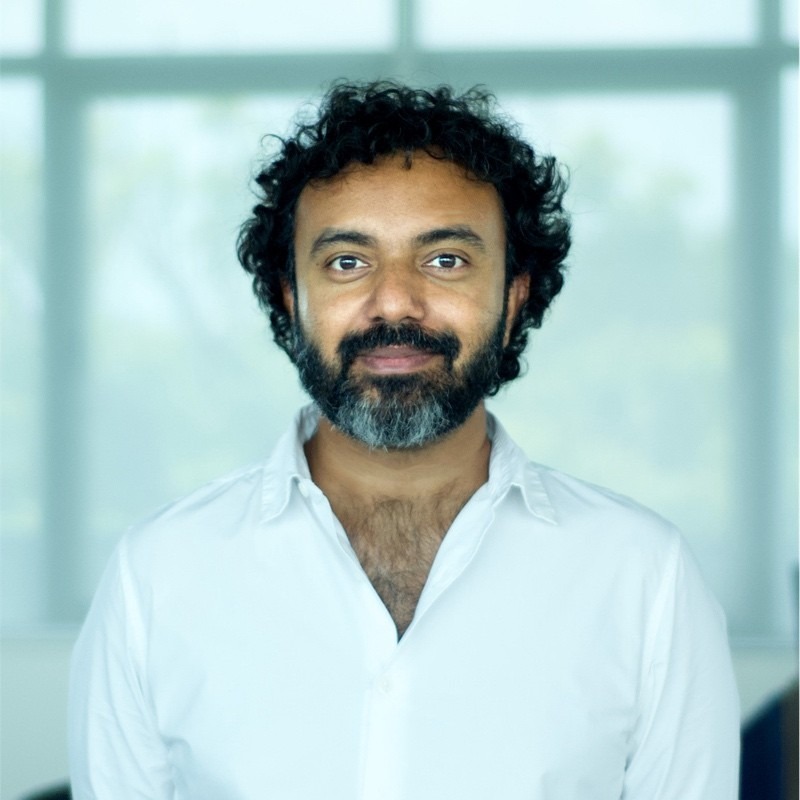A true story of human trafficking scandal in India
In 2016, one of the notable human trafficking scandals in India came to light through the efforts of the "Bachpan Bachao Andolan" (Save the Childhood Movement) organization. Their dedicated activists tirelessly worked to rescue children from bonded labour and trafficking situations. The shocking instance they uncovered involved children being exploited as forced labourers in various industries in Delhi. Many of these innocent children were lured from rural areas under false pretences and subjected to harsh working conditions and abuse. However, the combined efforts of Bachpan Bachao Andolan and authorities led to several raids and rescue operations, resulting in the liberation of hundreds of children from their captors. The organization not only provided them with rehabilitation and support but also brought attention to the grim realities of human trafficking in India. This scandal emphasized the urgent need for greater efforts to combat this heinous crime, as human trafficking remains an ongoing issue in many parts of the world, with organizations like Bachpan Bachao Andolan continuing their relentless work to rescue and protect victims.
World day against trafficking in persons: Health Impacts
1. Physical Health Consequences:
- Physical injuries: Trafficked individuals often endure physical abuse, violence, and hazardous working conditions, leading to injuries, broken bones, scars, and even permanent disabilities.
- Infectious diseases: Victims of trafficking are susceptible to sexually transmitted infections, HIV/AIDS, tuberculosis, and other infectious diseases due to unsafe working conditions, lack of healthcare access, and forced engagement in high-risk behaviours.
2. Mental Health and Emotional Trauma:
- Post-traumatic stress disorder (PTSD): Trafficking survivors frequently experience severe psychological trauma, including flashbacks, nightmares, anxiety, depression, and suicidal thoughts.
- Substance abuse: Many victims turn to drugs or alcohol as a coping mechanism to numb their pain and trauma, leading to addiction and further deteriorating their mental and physical well-being.
- Emotional and psychological consequences: Trafficked individuals often suffer from low self-esteem, feelings of shame, guilt, and a loss of trust in others, impacting their ability to reintegrate into society.
3. Sexual and Reproductive Health:
- Sexual violence and exploitation: Trafficked persons, especially women and girls, are subjected to sexual exploitation and abuse, leading to physical injuries, unwanted pregnancies, unsafe abortions, and exposure to sexually transmitted infections.
- Lack of access to reproductive healthcare: Trafficked individuals face significant barriers to essential reproductive healthcare services, including contraception, prenatal care, and safe childbirth.
World day against trafficking in person: Raising Awareness
1. Education and Prevention:
- Providing comprehensive education about the dangers and signs of human trafficking to vulnerable populations, communities, and frontline professionals.
- Empowering individuals to recognize and report trafficking incidents, leading to early intervention and prevention.
2. Victim Support and Rehabilitation:
- Ensuring access to medical and mental health services, including trauma-informed care, to address the physical and psychological consequences of trafficking.
- Establishing shelters and safe spaces that offer protection, counselling, legal aid, and vocational training to support survivors in their recovery and reintegration into society.
3. Collaboration and Legislation:
- Encouraging governments, non-governmental organizations, and law enforcement agencies to work together to strengthen legislation, enhance victim protection, and prosecute traffickers effectively.
- Fostering international cooperation to combat cross-border trafficking networks and support victims in their home countries.
The World Day Against Trafficking in Persons serves as a poignant reminder of the urgent need to address the health impact and raise awareness about human trafficking. By understanding the physical, mental, and reproductive health consequences faced by victims, we can work towards implementing comprehensive support systems, prevention programs, and legal measures to eradicate this abhorrent crime. Together, through global collaboration and a commitment to protecting the vulnerable, we can strive for a world free from trafficking and ensure the health and well-being of all individuals.
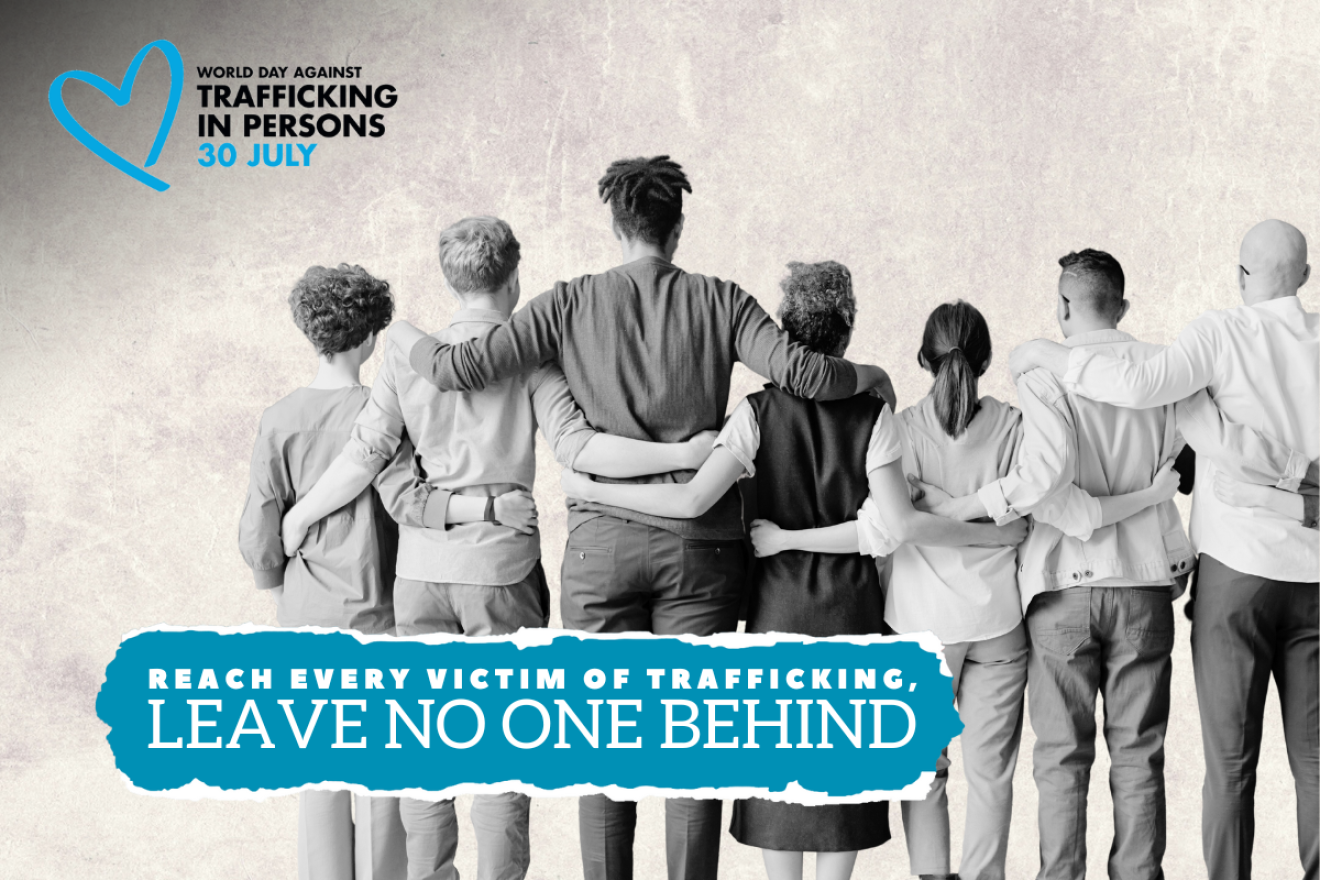
 Every year on July 30th, the World Day Against Trafficking in Persons is observed to raise awareness about the grave issue of human trafficking. This day serves as a reminder of the millions of men, women, and children who suffer from this heinous crime. Beyond the immediate human rights violations, human trafficking also has a profound impact on the physical and mental health of its victims.
Every year on July 30th, the World Day Against Trafficking in Persons is observed to raise awareness about the grave issue of human trafficking. This day serves as a reminder of the millions of men, women, and children who suffer from this heinous crime. Beyond the immediate human rights violations, human trafficking also has a profound impact on the physical and mental health of its victims.









.jpeg)

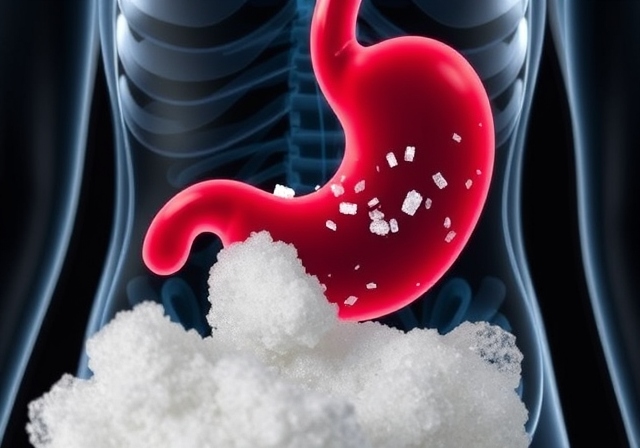
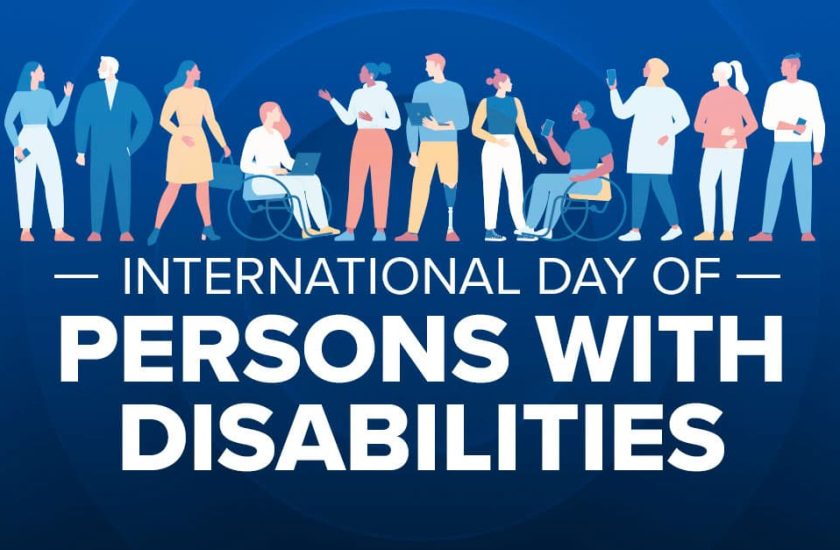
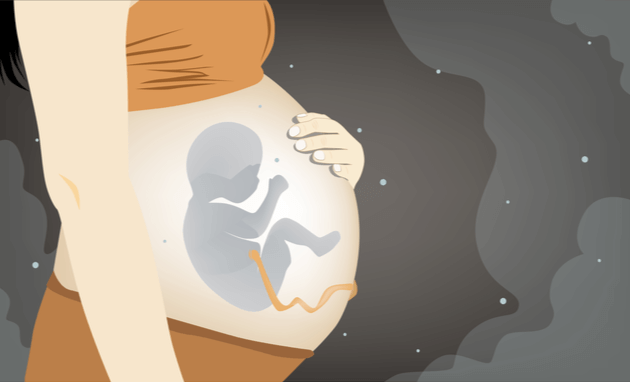

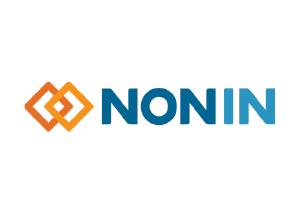
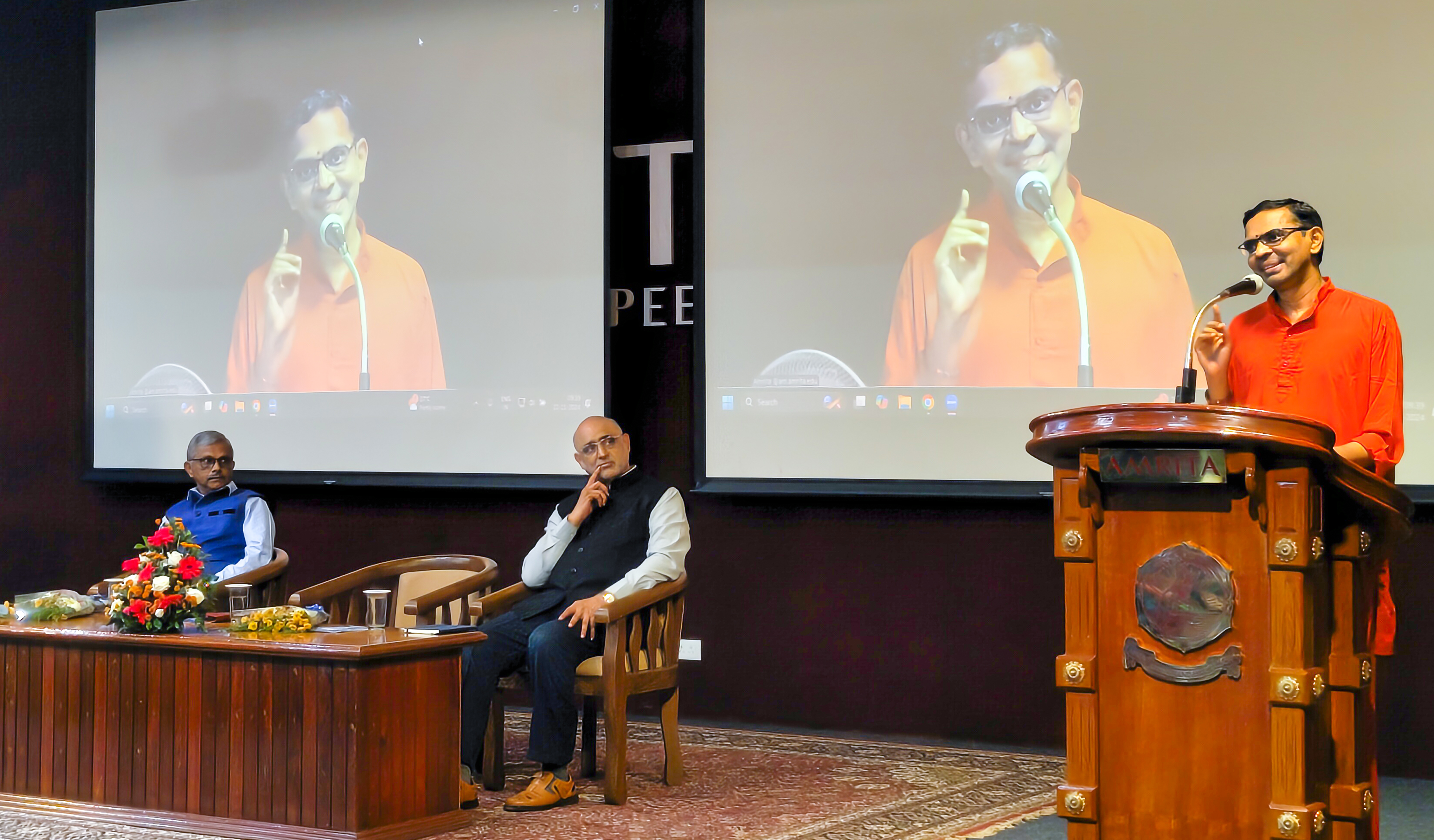
.jpg)
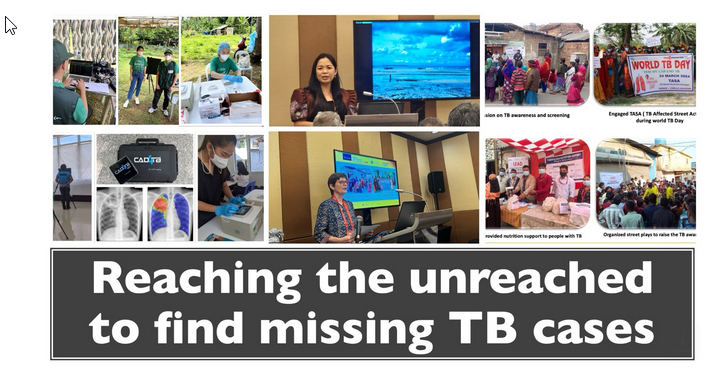
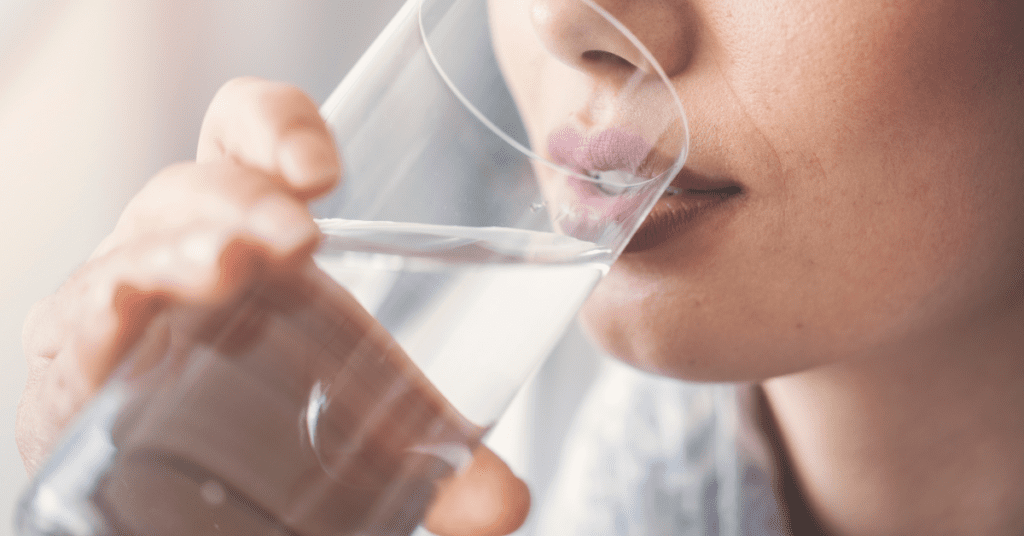

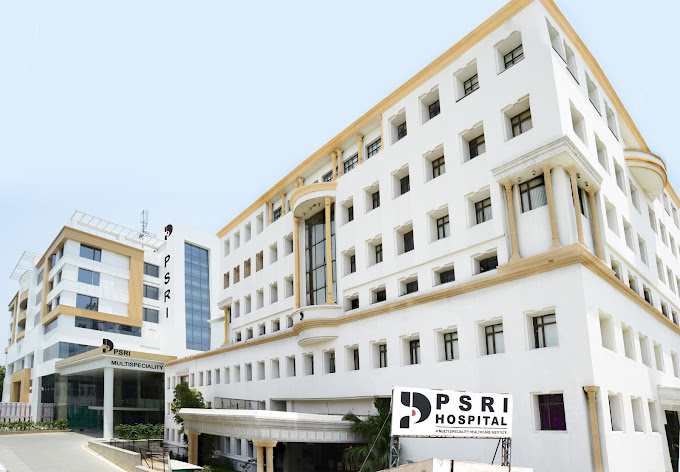
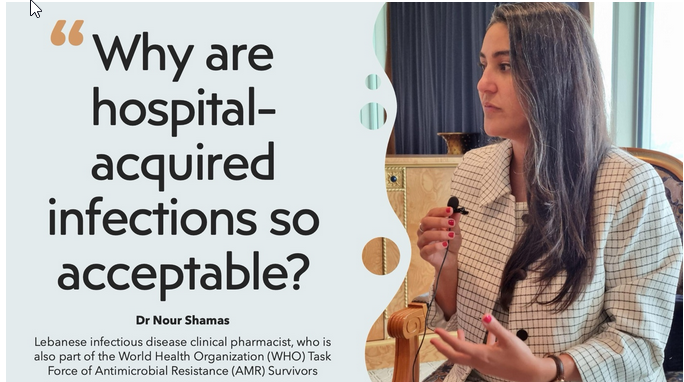
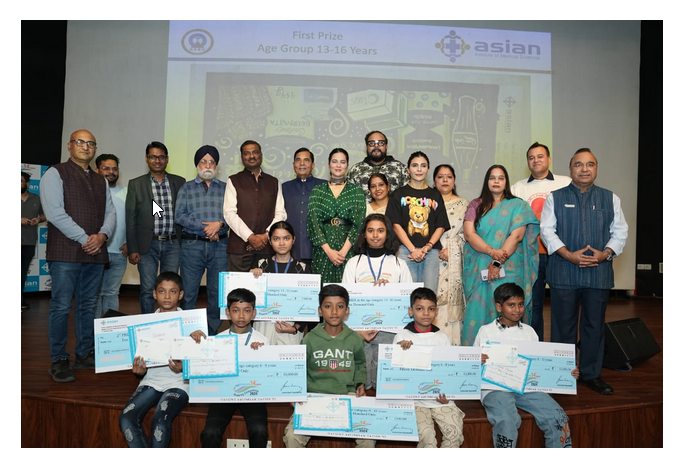

.jpg)
